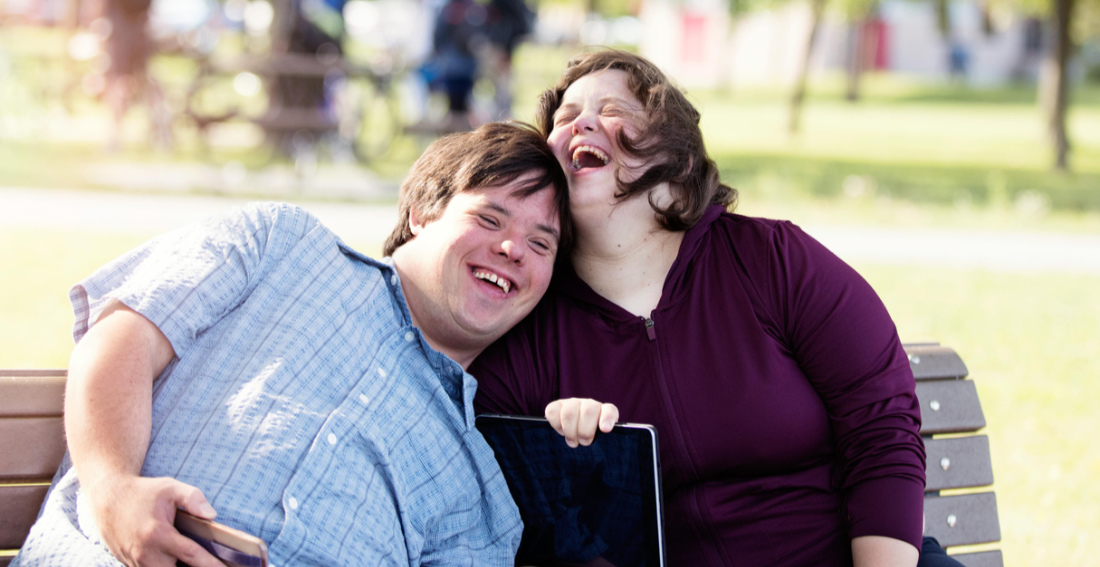Section 216 of Queensland’s Criminal Code criminalises sexual activity with a person who has an ‘impairment of the mind’. This provision effectively criminalises any sexual contact with a person who has a condition that falls within the definition of impairment of the mind, regardless of whether the person has the capacity to consent to and understand the nature of such activities. This law imposes significant and unjustified restrictions on the rights of people with impaired decision-making ability to exercise autonomy and agency and to freely engage in sexual relationships.
Although there are potential challenges in ensuring appropriate protections against abuse or exploitation of people with impaired decision-making ability and upholding their right to independence and autonomy, it is appropriate that section 216 of the Criminal Code be reviewed and updated to reflect modern values and the rights of people with disability.
In 2021 the Public Advocate released a discussion paper addressing this issue, recommending that this section of the code be reviewed by the Queensland Law Reform Commission.

